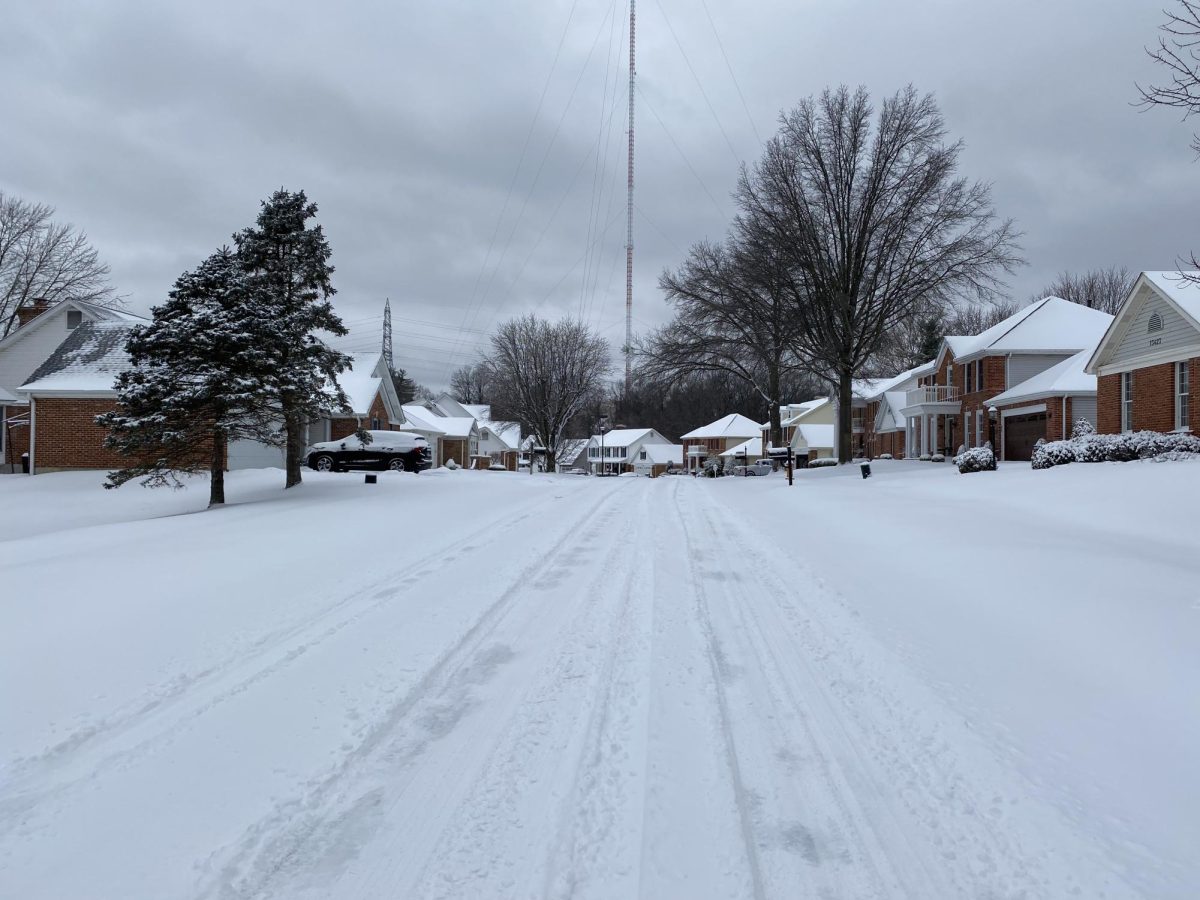The county plans to appeal a judge’s decision to award roughly $1.16 million to three waste haulers in a lawsuit over the establishment of trash-collection districts, County Counselor Patricia Redington said last week.
County Circuit Court Judge Barbara Wallace on Sept. 2 ordered the county pay a total of $1,159,903.90 to American Eagle Waste, Meridian Waste and Waste Management in their suit that alleges the county failed to provide the state-required two years’ written notice it was establishing eight trash districts in unincorporated areas.
The three haulers were outbid in 2008 for contracts to provide exclusive service to trash-district residents.
“Definitely,” Redington said when asked last week if the county would appeal the ruling. “We’ve always felt this case was going to get resolved on appeal. There are a lot of legal issues involved.”
Jane Dueker, the plaintiffs’ attorney, was unavailable for comment before press time.
Wallace awarded $261,086.65 to American Eagle Waste; $99,224.20 to Meridian and $799,593.05 to Waste Management.
She ruled in September 2010 that the county breached an implied contract with the haulers by not providing two years’ written notice. Wallace decided in January that the plaintiffs were entitled to damages.
“The county’s action resulted in a finite loss to plaintiffs of 40,000 customers for the statutory two-year notice period,” Wallace wrote in a Jan. 25 opinion. “By enforcing the exclusivity of its trash hauling districts, the county has effectively prevented plaintiffs from even the possibility of regaining those lost customers in that two-year period.”
In their suit, the three companies cite Missouri statute 260.247, which states, “Any city or political subdivision which annexes an area or enters into or expands solid-waste collection services into an area where the collection of solid waste is presently being provided by one or more private entities, for commercial or residential services, shall notify the private entity or entities of its intent to provide solid-waste collection services in the area by certified mail.”
Trash-collection services cannot begin until at least two years after the date of notification, according to the statute.
“The county has not notified by certified mail, either two years in advance or otherwise, those private entities who were collecting waste in the ‘trash-hauling districts’ of its intent to otherwise provide such services,” the haulers’ suit contends.
The haulers claimed they collectively were owed roughly $23 million.
During a trial May 31, the plaintiffs called C. Eric Ficken, a certified public accountant and certified valuation analyst who is certified in financial forensics, as an expert witness. Ficken testified that American Eagle was damaged in the amount of $5,221,733; Meridian Waste was damaged in the amount of $1,984,484 and Waste Management was damaged in the amount of $15,991,861.
But those figures, which totaled roughly $23.2 million, were based on what the haulers would have billed or invoiced to customers, and not on the revenue they would have actually received.
“Assuming a 5-percent profit margin, Ficken conceded that his opinion of the damages, based on gross revenues, would be approximately 20 times plaintiffs’ actual losses,” Wallace wrote in her opinion. “… The evidence suggests the amount of plaintiffs’ damages has been inflated. It is not for the court to give an inflated or exaggerated measure of damages, or to award a windfall judgment.
“This court has a duty to give effect to legislative intent, with the law favoring a statutory interpretation which tends to avert unreasonable results. The court does not believe the legislature intended a windfall result when it enacted (the notice provision) in an effort to protect private entities engaged in trash collection from a government’s takeover of their business.”
The purpose of the statute, Wallace wrote, is to make trash companies whole by putting them in the position they would have been with proper notice.
“She recognized that would be a great windfall, so she reduced it so it would reflect the actual profit that they would’ve earned rather than just all the gross revenues and rather than including all the customers they said they would’ve gotten or increases they might’ve charged,” Redington said. “She reduced it to just the appropriate profit margin.
“The expert testified to all the gross revenues that they would’ve gotten, so he testified that would’ve been $20-plus million,” the county counselor added. “And so he testified that he had never calculated damages that way by just gross revenues, and that if there was a profit margin of 5 percent then that would be 20 times too much. The judge then said: Well I’m going to base the award, assuming they had a profit margin, on 5 percent, and that’s how she came up with the $1.1 million figure.”
The haulers filed the suit in May 2008. County Circuit Court Judge Steven Goldman dismissed the case the next month, but the plaintiffs appealed the decision, first to the Eastern District of the Missouri Court of Appeals and then to the state Supreme Court. Both courts refused to review the ruling. The case returned in July 2008 to the Court of Appeals, which in October 2008 reversed and remanded Goldman’s original decision.
The suit went to U.S. District Court in 2009 with the addition of federal claims by the haulers, and a trial tentatively was set until Judge Charles Shaw sent the case back to the county circuit court in March 2010.
Redington has said the state statute does not apply to the county because of its charter status.
In reversing Goldman’s decision, the appellate panel in 2008 stated the notice provision was a “statute of statewide public policy” and was applicable to the county.
However, the county will ask the appellate court to address that issue and others directly when it appeals Wallace’s decision, Redington said last week.
“There was some dicta — that particular panel discussed its opinion of the notice provisions, but we will actually appeal and ask the court to address that issue straight on,” she said. “And it’s really one of the issues that we’ll be talking about. And we haven’t filed our notice of appeal yet so I can’t tell you what all we’ll be appealing but there are quite a few issues we think need to be looked at by the appellate court.”








